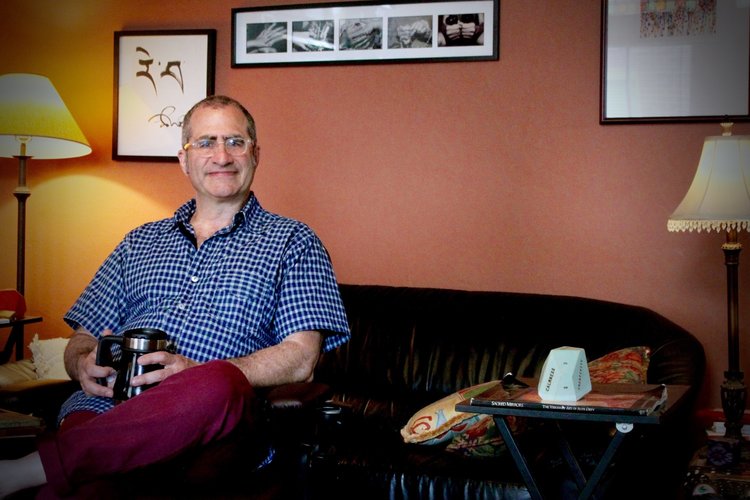
The fertile ground that nourishes our work as therapists is love. We are not the source of love. It is our job, our calling, to become the circuitry through which love, in response to specific calls for help, can flow.
The symptoms that our clients bring to us are that call. Their symptoms are an announcement that something is very wrong, that something has been exiled from the flow and field of love and is calling, in pain, to be welcomed home and be returned to the wholeness of which it is a necessary part.
Because we are human beings and because we are therapists, when we hear a cry for help, some announcing symptom, we cannot help but turn towards it. It is easy to be sentimentally distracted by the noise of the cry. It is vital that we listen past the sound of the cry, and instead listen to the one who is crying, the one who carries the pain or problem.
When the announcement is particularly intense (big depression, suicidality, huge anxiety, psychotic processes), it is hard for us to not to feel some manner of resonant fear or pain. When we are thusly triggered it is easy to become preoccupied with that which has triggered us.
When our own fear or pain is triggered, it is easy, even natural, to be overtaken by self-protective patterns and resort to managerial modes of relating to our client. Instead of opening with a deep and natural compassionate curiosity towards the one who is expressing themselves in this intense manner, we find ourselves trying to manage, suppress, or distance ourselves from the sound of the cry. We forget to connect with the intelligent being who is crying out.
When this happens, our awareness that intuitively knows that the cry is not the crier can be obscured by our own pain and fear. We can be overtaken by our own reflexive protective patterns of relating. Inadvertently, we may fail to complete the circuit through which the reliably transformative power of love can flow.
The great danger here is that we will confirm our clients’ worst fears that they and what they carry are too much and have no place in the human community. We make the situation worse by damning the exiled part to a purgatory apart from the ground of love.
A Word About Medication:
Medication can moderate the intensity of symptoms enough to create a space where our clients can breathe a little easier, where they are not drowning in anxiety or depression, or completely lost in the soup of their psychotic processes.
It is vital to remember that symptoms are announcements by parts of self that something is wrong. With big symptoms, parts of self are screaming or calling with great insistence for right attention to some systemic problem. With few exceptions, medications are tools to suppress or control symptoms, to reduce the volume of announcement.
So, while they may be useful, we don’t want to use medications to eliminate the announcement or our access to the announcer. If we fail to listen deeply and with compassion, we run the risk of participating in the very neglect that gave rise to the symptom in the first place.
What to do when faced with intense symptoms:
- Our first loyalty must always be to our Self. Align vertically! Drop inside and connect, mindfully, with your physical, emotional, and energy body. Be awake to what is present and calling, within yourself, for presence. From that ground of self-presence, open your awareness out to your clients and begin the work.
- Before we begin anything of importance– a meeting, a meal, a therapy session–it is vital that we establish rigorous self-presence.
- We must remember that the announcement is not the announcer. Our job is to listen through the symptom for the one who is announcing themselves through that symptom. The instant we sense the presence of the announcer, the intelligence driving this symptoms process, curiosity, compassion, connection will manifest. The whole intra and interpersonal relational field, will relax and become more energized and wholesome. Healing and wholeness-making, will have begun.
- We must work with whatever is triggered in us. Our clients are our best teachers. They are our tor-mentors (a playful term coined in the IFS community). If we find spacious awareness obscured by fear, pain, or managerial modes of therapeutic relating, it means that we have work to do.
- Get lots of support. As therapists, we need supervision and peer support that helps us tend and nurture, the deep roots and wisdoms of our own body, mind, and spirit. Tending these deep roots means finding those places that need healing and need to be held in and transformed by love. We must do this so that we can remain open to more and more of what we will be called to be present to. We work on ourselves for our clients and for our own healing and growth. It is, first and foremost, our job to be the occasion for love to flow so that it may manifest within and beyond ourselves.